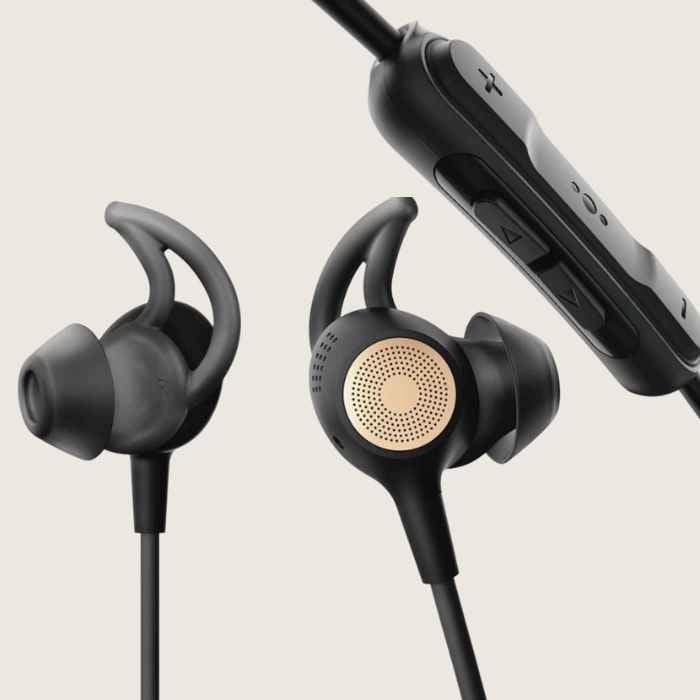👉 Soundly Exclusive: Get $50 off Lexie B1 Powered By hearing aids with code SOUNDLEX23.

Bose Hearing Aids
In May 2021, I got a news alert that Bose had finally done it.
The iconic audio company launched a behind-the-ear hearing aid called Bose SoundControl. They had previously dabbled with hearing aids through a popular product called Bose Hearphones but had not yet launched a traditional hearing aid.
Like many hearing aid wearers, I excitedly ordered a pair and was genuinely impressed. The product was simple (no rechargeable batteries or Bluetooth), but it signaled that Bose might be ready to play in hearing health for the long term.
A Short Goodbye
Less than a year later, the company announced significant layoffs and closed its hearing health operation.
Bose x Lexie Hearing
Then came the news in July 2022 that Bose would partner with Lexie (a trusted hearing care incumbent) to put its product back on the market. In October Lexie and Bose released a second model with rechargeable batteries.
In this article, I’ll break down Bose’s storied past with hearing health, starting with Bose Hearphones, new FDA guidelines that impacted the brand, and where things stand today.
If you are looking for an in-depth review of current Bose Hearing Aids click here.
How Bose Got Into Hearing Aids
In 2014 Bose purchased a little-known technology company called Ear Machine. Ear Machine was created as a collaboration between hearing health specialists and technologists who had a hunch that consumers could do a pretty good job programming their hearing aids if they were given the right technology.
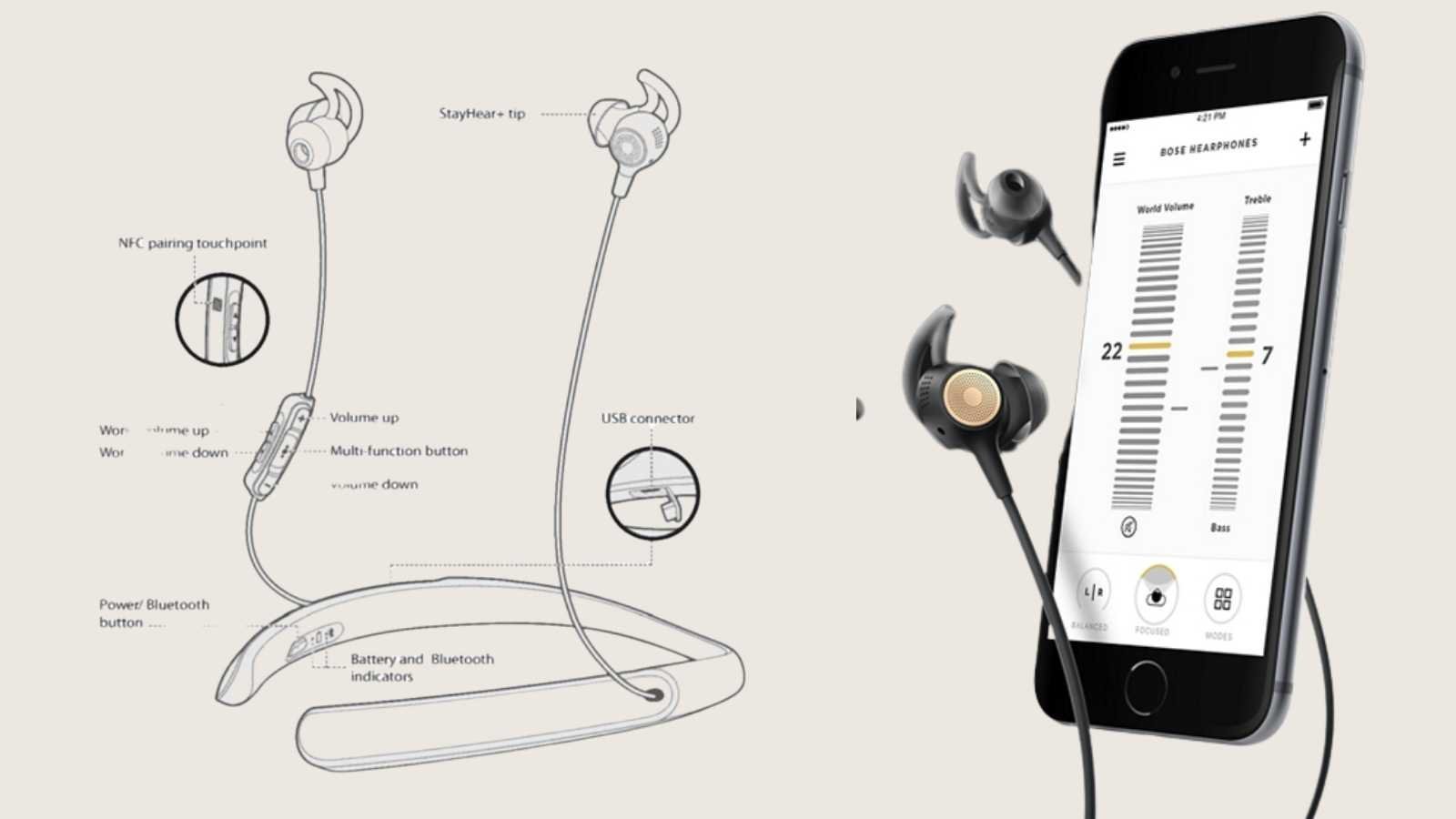
It turns out that they were right. In a study with the National Institute of Health, the company found that patients were often just as good as hearing professionals at programming their hearing aids.
Bose saw potential in this project and acquired the Ear Machine technology and the team that had worked to create it.
Two years later, they launched the first iteration of Bose Hearphones.
Bose Hearphones
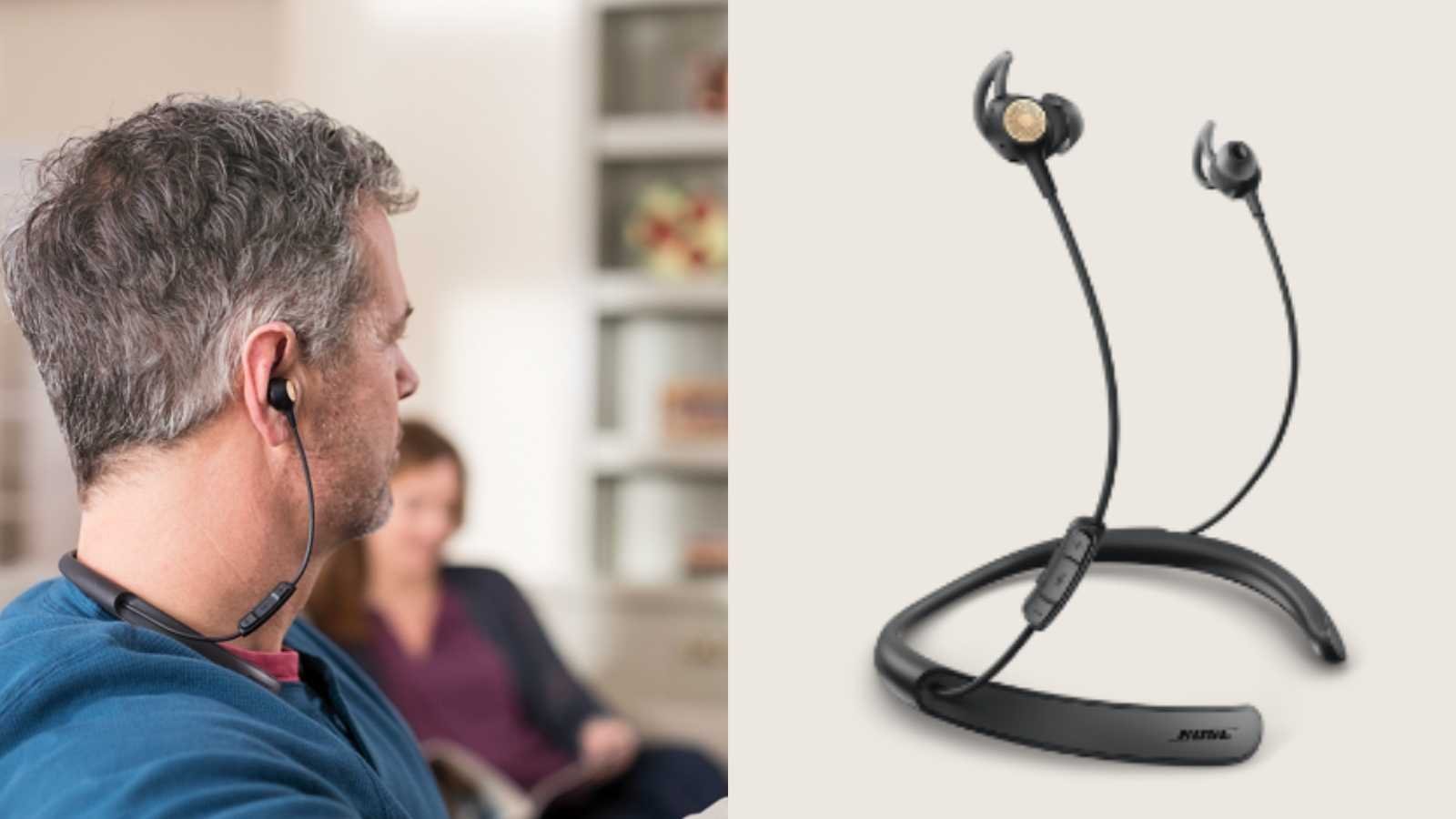
The now-discontinued Bose Hearphones have a unique form for hearing aids. A lightweight band sits on your shoulders and neck while two wired earbuds sit in your ears.
Bose promoted Hearphones as a conversation-enhancing product that could help people hear more clearly in spaces with lots of background noise. Bose Hearphones are self-adjusted to match your hearing loss using the underlying technology from Ear Machine.
If you are adamant about trying Hearphones for yourself, you may be able to find some remaining pairs on eBay or BackMarket.
It turned out people loved the product. A scroll through reviews reveals lots of 5-Star ratings with people raving about clear sound quality.
All this positive feedback seemed to boost Bose’s confidence in the space, and they decided to take on something even bolder with Bose SoundControl.
Bose SoundControl Hearing Aids
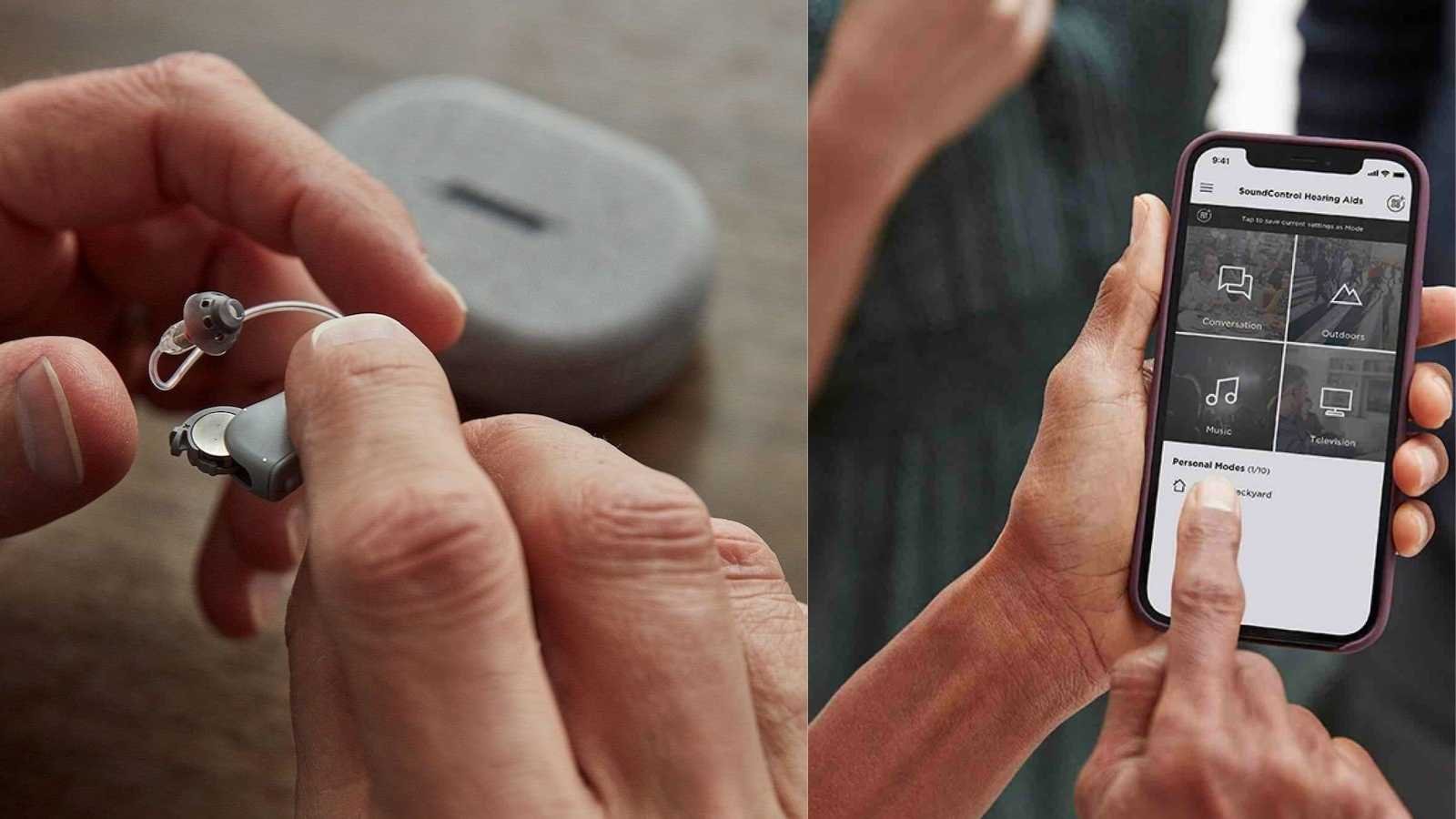
Bose SoundControl launched in May 2021. I did an in-depth review of the product with pictures here. The product was simple but effective, and the self-programming technology was some of the best I’ve tried. Some critiqued Bose for failing to make their new hearing aid BlueTooth enabled or rechargeable, but others accepted that Bose was helping to drive down the price and needed to keep things simple.
Less than a year later, a Boston Globe piece, followed by reporting from HearingReview, revealed that Bose was walking away and discontinuing their hearing aid production.
So what happened?
For years now, Bose has been battling with Apple’s AirPods and Beats By Dre for headphone supremacy. The brand moved into health products like Hearphones to diversify their business but likely realized that selling hearing aids is very different from selling headphones.
People close to the brand described a high rate of returns (not uncommon for hearing aids), and some doctors have critiqued the lack of hearing professional support Bose had on their team.
For several months through the spring and summer of 2022 this looked like the end for Bose hearing aids.
But wait. This story has another act.
In July 2022, Bose formed a strategic partnership with Lexie (a well-respected hearing healthcare company) to release B1 hearing aids. You can now buy Bose hearing aids on LexieHearing.com. Bose hearing aids are self-fit using an innovative app that allows hearing aid wearers to fit, program, and control their hearing aids with clinically proven, audiologist-quality results. Purchase B1 hearing aids for $899 here.
In the end, hearing aid wearers end up with the win. Bose brings their leading technology, and Lexie brings a track record in hearing health customer care.
Will this be the last twist in the Bose hearing aid story? Probably not because the landscape of hearing health is set to change significantly.
New Over-The-Counter Laws
The Massachusetts-based Bose and Massachusetts-based Senator Elizabeth Warren have been some of the most visible players in the over-the-counter hearing aid legislation that has been circling congress for 5+ years. You can read more here if you aren’t familiar with the OTC law.

Bose took a lead role in commenting on the legislation during the congressional review period and was once seen as the best positioned to enjoy the relaxed FDA standards.
That position was momentarily called into question when Bose paused production in May 2022, but the new partnership with Lexie means that the Bose brand will be back at center stage when new FDA guidelines are released.
Bose won't be alone. Several other hearing health brands like Jabra, Nuheara, and Eargo will be right there with them.
Bose Hearing Aid Alternatives
Eargo
Offers a tiny and rechargeable product that is tuned at home.
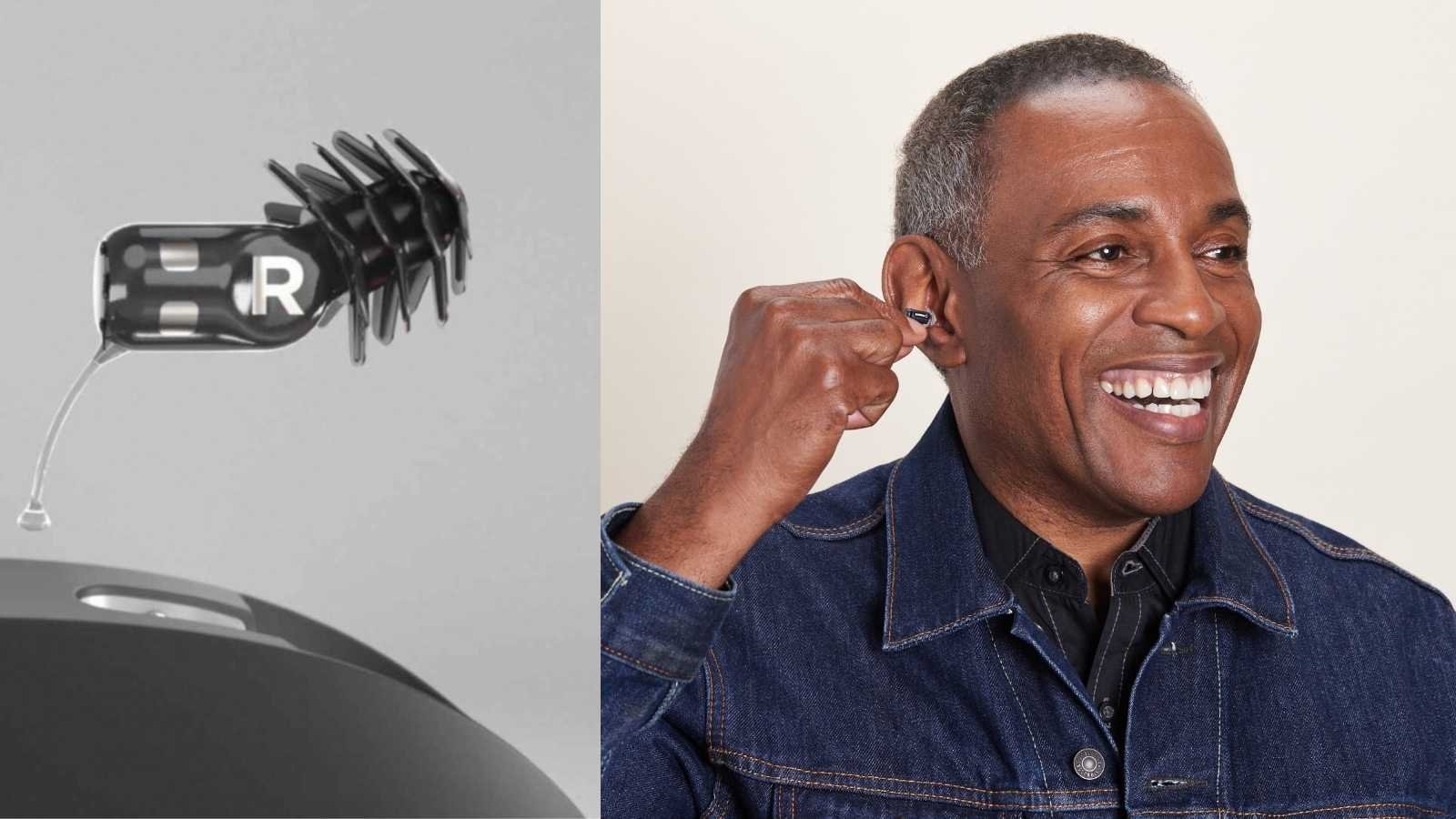
Jabra Enhance Select
Works with a hearing specialist to program your hearing aids but keeps costs low by moving the entire process online.
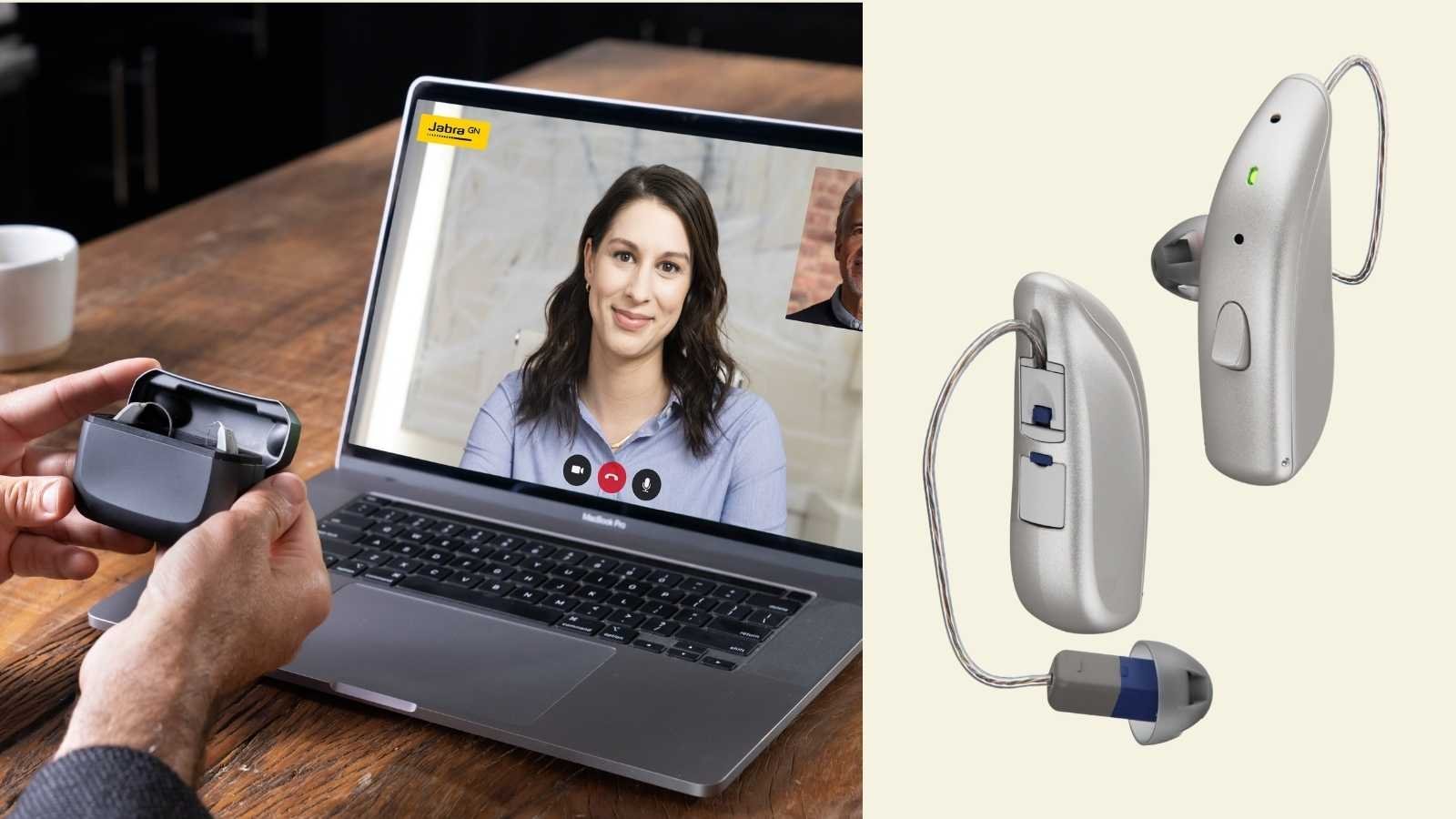
Jabra Enhance Plus
Might be the closest Hearphone alternative because it is designed to play a double role as hearing aid and Bluetooth headset.
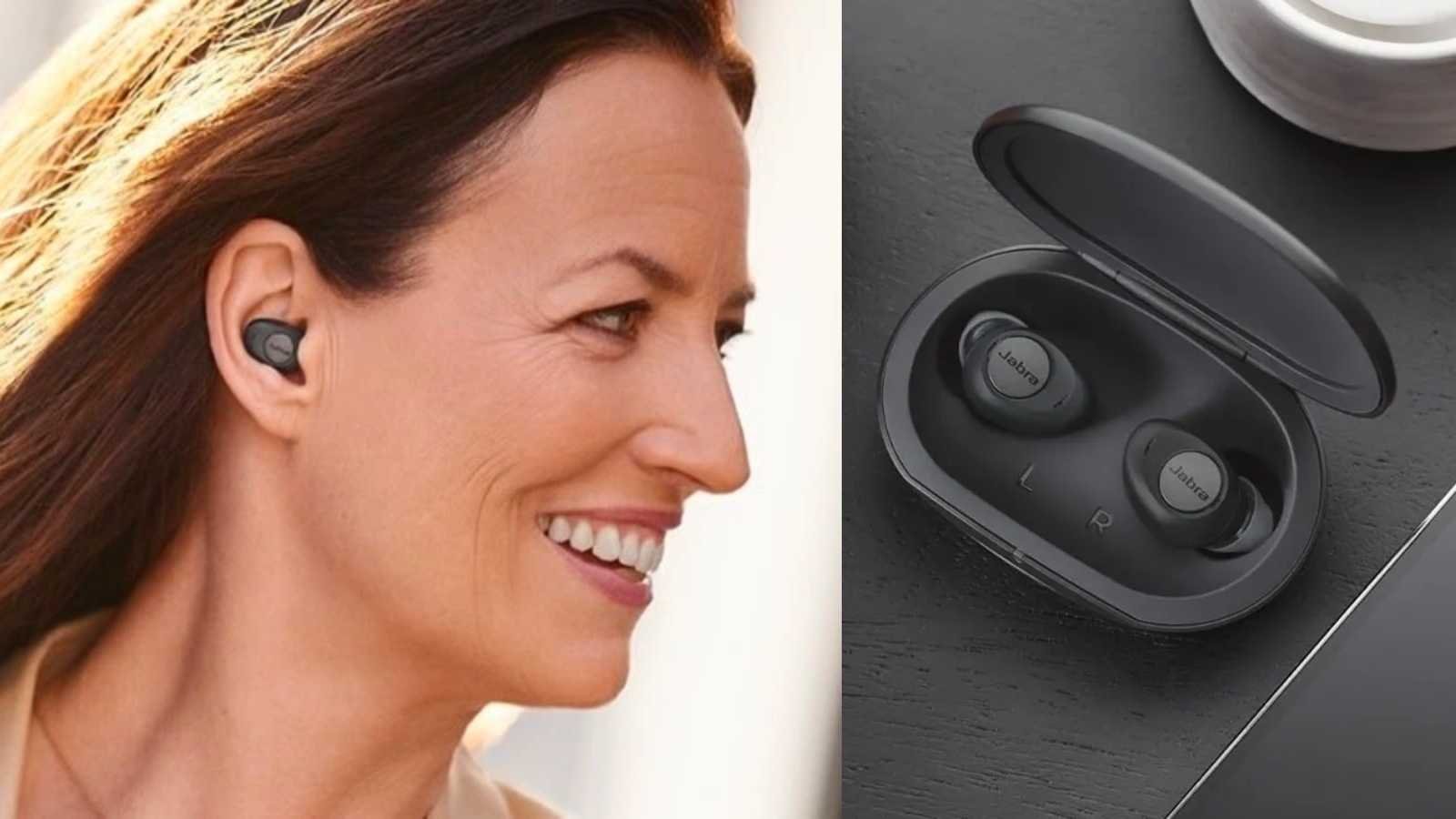
If you are looking for more affordable Bose hearing aid alternatives, you might enjoy my complete guide to affordable hearing aids here.



